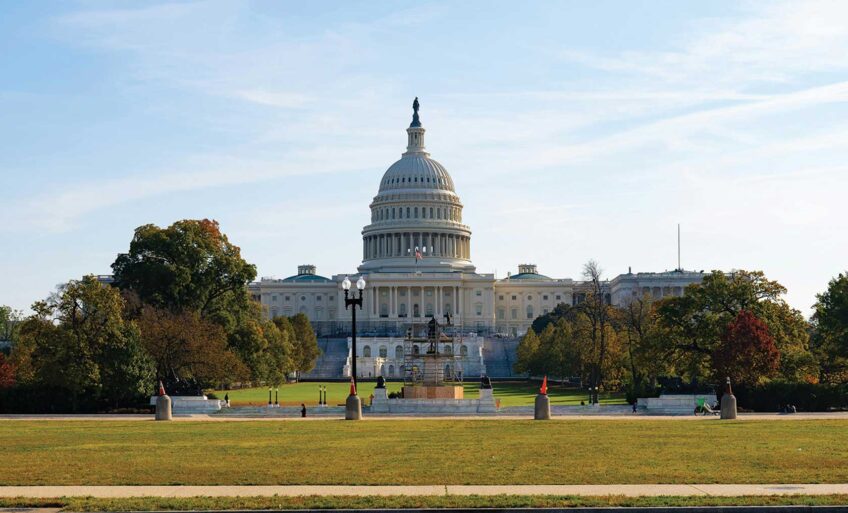Repealing health care law would worsen disparities in medical conditions
Repealing health care law would worsen disparities in medical conditions
Despite progress in the overall health of the U.S. population over the last few decades, African Americans still lag behind in almost every measure of health. A major reason for this is that African Americans are less likely to have health insurance. In fact, one in five blacks are uninsured today and that number is rising.
Without insurance African American men, women and children are less likely to get the preventive care like immunizations, mammograms, cancer screenings and blood pressure control. And many of those who have insurance have seen their premiums skyrocket while their benefits didn’t keep up. A heartbreaking result: blacks are more likely to suffer from a serious illness like diabetes or heart disease.
And yet, just as the Affordable Care Act is establishing important new rights and protections for consumers including critical rules announced last week that will put a limit on the percentage of your premium insurance companies can spend on administrative costs like marketing and CEO bonuses, some in Washington are calling for Congress to repeal the law. I can’t think of a worse idea.
Instead of bringing greater transparency and accountability to our system, repealing the Affordable Care Act would roll back new Medical Loss Ratio regulations that will guarantee that consumers get the most out of their premium dollar.
Starting in 2012, insurance companies would be required to provide consumers with a rebate if they spend too much of your premiums on non-health costs and not enough on actual health care. And for the first time ever, consumers will be able to see how much of their premium insurers are spending on treatments and medicines, bringing unprecedented transparency to and accountability to the health insurance market.
Instead of making insurance more available and more affordable — expanding coverage to 32 million uninsured Americans — repeal would put insurance even further out of reach. It would stop the work to establish new state-based health insurance exchanges that will give millions of Americans and small businesses access to the same insurance choices that members of Congress will have.
And repeal would roll back the new Patient’s Bill of Rights that that gives all health plan enrollees the right to keep their insurance if they accidently make a mistake on an enrollment form.
For Angel, a 23-year-old college student from Birmingham nearing graduation, repeal would mean that insurance companies would no longer be required to allow her and countless other adult children under the age of 26 to stay on their parents’ health plan
Repealing the health care law would mean insurance companies could go back to having unreasonable annual dollar limits and put a lifetime dollar limit cap on your policy that cuts off coverage when you are the sickest.
And repeal would mean that health plans would no longer have to cover preventive services like cancer and blood pressure screening with no cost-sharing, as they now do for consumers with health plans created or purchased after the law was enacted. By allowing insurance companies to reinstate those co-pays and deductibles, repeal would make it harder for millions of Americans to access services that could save their lives.
Repealing the Affordable Care Act would make it harder to find a doctor, especially in communities that are already underserved. Instead of making a historic investment in community health centers supporting everything from new buildings to new staff and new technology — and helping to nearly double the number of patients served — repeal would stop those new jobs and new services and bring new construction to a halt.
Repeal could also undermine the new commitment to the National Institute on Minority Health and Health Disparities at the National Institutes of Health and shutdown www.HealthCare.gov, a consumer website that, for the first time ever, allows you to see all your insurance options in one place.
When President Barack Obama signed the Affordable Care Act into law, this is what he had to say:
“Today, after almost a century of trying, today after over a year of debate, today after all the votes have been tallied, health insurance reform becomes law in the United States of America. We cannot allow the progress we have made to be wiped away. We all have far too much at stake.”
Kathleen Sebelius is Secretary of U.S. Department of Health and Human Services.






